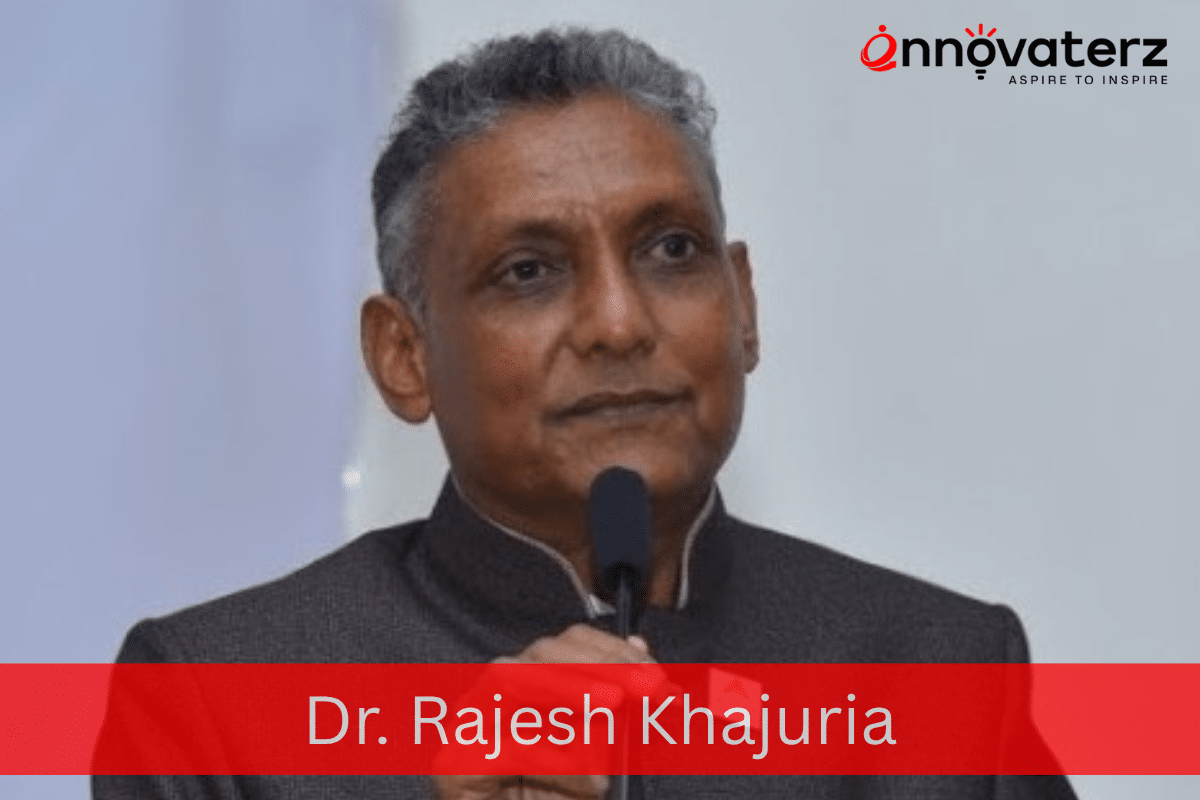THAILAND, March 11, 2025 /ennovaterz/ — Artificial Intelligence (AI) is redefining the global financial landscape, accelerating decision-making, improving efficiency, and transforming trading strategies. As AI gains momentum, governments worldwide are working to regulate its use, ensuring responsible adoption while fostering innovation. Thailand, recognising AI’s potential, is taking significant steps to integrate AI into its economy through progressive policies and regulations. EBC Financial Group (EBC) examines AI’s impact on trading, finance, and brokerages, and how Thailand is positioned to harness its benefits.
AI’s Expanding Role in Global Trading and Finance
AI has revolutionised the financial sector, enabling high-frequency trading, algorithmic risk assessments, and real-time market analysis. Trading algorithms powered by AI can process vast datasets, detect patterns, and execute trades within milliseconds—enhancing efficiency while presenting new challenges. The World Economic Forum warns that fragmented AI regulations could lead to trade frictions, complicating cross-border transactions. Meanwhile, organisations such as the World Trade Organization (WTO) are working to harmonise AI governance to avoid regulatory conflicts and economic disruptions.
AI is also reshaping market behavior. While automation improves liquidity and minimises human errors, concerns remain about its potential to heighten market volatility during economic stress. The International Monetary Fund (IMF) notes that while AI can make markets more efficient, it may also lead to higher trading volumes and greater volatility in times of stress. As regulatory discussions evolve, market participants, including brokerages, must adapt to ensure compliance while leveraging AI’s advantages.
Thailand’s AI Investments and Infrastructure
Thailand is rapidly positioning itself as an AI-driven economy by investing in research initiatives, fostering AI startups, and establishing technology hubs. In 2024, Thailand’s government intensified its commitment to AI innovation by allocating significant funding for research through collaborations with leading universities and private sector partnerships. Thailand Prime Minister Paetongtarn Shinawatra announced policies aiming to expand the digital economy to constitute 30% of the country’s GDP by 2030, emphasising the integration of AI to enhance sectors like agriculture and boost exports to China.
This strategic direction is further supported by substantial investments from global tech companies, including Google’s recent commitment of $1 billion (36 billion Thai baht) to Thailand. This investment will fund the establishment of Google’s first data center in Thailand, located in Chonburi, and expand the country’s cloud infrastructure. Initiatives such as the Thailand 4.0 policy and the Eastern Economic Corridor (EEC) are driving AI innovation, particularly in automation, data analytics, and smart city development.
Thailand is also home to a growing number of AI-focused startups, with incubators and accelerators supporting entrepreneurs in fields such as fintech, healthcare AI, and robotics. The National Science and Technology Development Agency (NSTDA) is actively working on AI research and development, ensuring Thailand remains competitive in the global AI landscape. Moreover, technology parks and digital innovation centers across Bangkok and Chiang Mai are attracting international AI firms looking to expand in Southeast Asia.
Grok AI: Redefining Market Intelligence and Its Role in Thailand
Grok AI has introduced a new paradigm in AI-driven trading by leveraging advanced deep learning techniques to process and analyse vast datasets in real-time. Its ability to understand market sentiment, detect anomalies, and predict trends with greater accuracy is setting it apart from conventional AI trading tools. As financial markets become increasingly reliant on automation, Grok AI is emerging as a pivotal force in reshaping how trades are executed, risks are assessed, and strategies are optimised.
The open-source nature of Grok AI has sparked conversations around both its potential and its risks. While it enables financial institutions to customise AI models to fit their specific trading needs, it also raises concerns regarding regulatory oversight and the ethical use of AI in finance. With Thailand’s push for responsible AI integration, the country is poised to develop guidelines ensuring that AI adoption, including Grok AI, supports financial stability while driving economic growth.
Thailand’s AI Strategy: Balancing Innovation and Regulation
Thailand is moving towards structured AI governance with two key legislative proposals: the Draft Royal Decree on Business Operations that Use Artificial Intelligence Systems and the Draft Act on the Promotion and Support of AI Innovations. The Draft Decree adopts a risk-based approach, imposing stricter regulations on high-risk AI applications such as credit scoring and predictive policing, while maintaining transparency obligations for lower-risk AI uses. The Draft Act, on the other hand, focuses on fostering AI development through regulatory sandboxes, data-sharing mechanisms, and certification standards.














